The Open Society Fellowship supports public intellectuals from seven global cities that are home to a dynamic circle of thinkers and cultural producers engaged in high-level critical debate.
The Open Society Fellowship supports public intellectuals from seven cities across Africa, Asia, Latin America, and the Middle East.
The fellows are drawn from cities that are home to a dynamic circle of thinkers and cultural producers engaged in high-level critical debate. The cities are Beirut, Buenos Aires, Colombo, Dar es Salaam, Jakarta, Lagos, and Taipei.
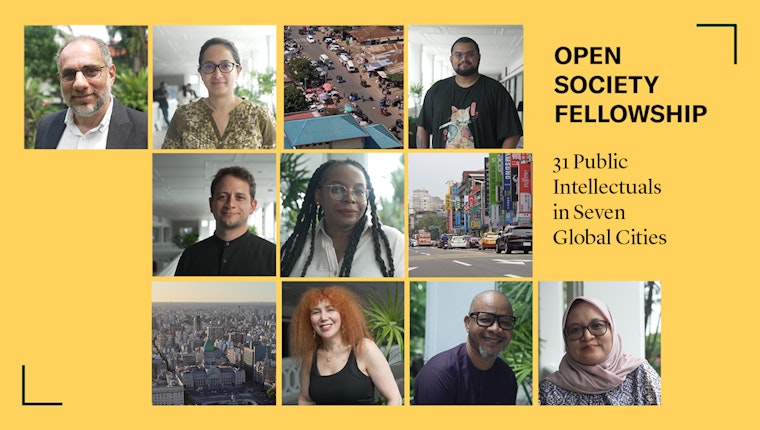
Selected by a distinguished panel of external reviewers, the fellows’ projects exemplify heterodox thinking and openness to new approaches and vigorous debate. The fellows are helping to shape global conversations on the most pressing issues of our time—from human rights and social justice to climate change and inequality.
The Fellowship reflects the Open Society Foundations’ dedication to a vision of restless critical thought and alternative viewpoints that advance open society.
Read about the 2025-2026 fellows here.
-
Amita Arudpragasam
 Colombo 2025Amita Arudpragasam, a multidisciplinary researcher and policy analyst, will survey the intersection of climate, conflict, and development in Sri Lanka’s Tamil-speaking North.
Colombo 2025Amita Arudpragasam, a multidisciplinary researcher and policy analyst, will survey the intersection of climate, conflict, and development in Sri Lanka’s Tamil-speaking North. -
Andrea Giunta
 Buenos Aires 2025Andrea Giunta, an art historian, curator, and philosopher, will investigate the power of images to provoke controversy and analyze the extent to which they can act as instruments of resistance in current debates on culture, art, and society in Argentina.
Buenos Aires 2025Andrea Giunta, an art historian, curator, and philosopher, will investigate the power of images to provoke controversy and analyze the extent to which they can act as instruments of resistance in current debates on culture, art, and society in Argentina. -
Anwuli Ojogwu
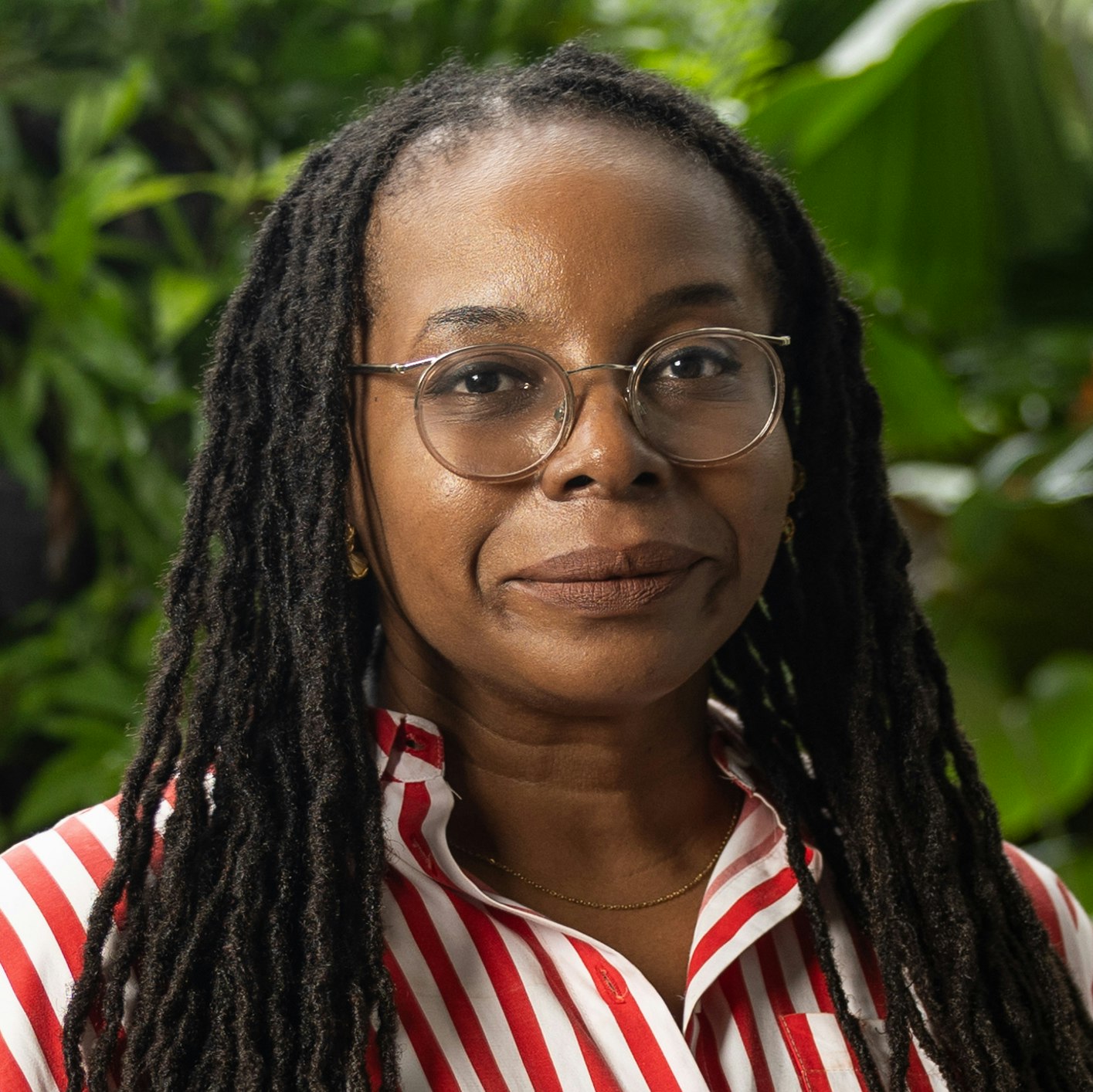 Lagos 2025Anwuli Ojogwu, an editor and publisher, will explore the current state of African literature and the impact of rising intellectual apathy, migration, and democratic erosion on future narratives across the continent.
Lagos 2025Anwuli Ojogwu, an editor and publisher, will explore the current state of African literature and the impact of rising intellectual apathy, migration, and democratic erosion on future narratives across the continent. -
Budi Hernawan
 Jakarta 2025Budi Hernawan, an anthropologist and philosopher, will examine the competing and sometimes irreconcilable roles of faith-based humanitarian groups in West Papua and Patani to discern why they often act as protectors for those fleeing armed conflict.
Jakarta 2025Budi Hernawan, an anthropologist and philosopher, will examine the competing and sometimes irreconcilable roles of faith-based humanitarian groups in West Papua and Patani to discern why they often act as protectors for those fleeing armed conflict. -
Camille Ammoun
 Beirut 2025Camille Ammoun, an author and climate expert, will look at the global polycrisis via a transmedia exploration of the city of Beirut, focusing on its little known, eponymous river.
Beirut 2025Camille Ammoun, an author and climate expert, will look at the global polycrisis via a transmedia exploration of the city of Beirut, focusing on its little known, eponymous river. -
Carla Yumatle
 Bueno Aires 2025Carla Yumatle, a political scientist, argues the “rollback” of representative democracy misrepresents today’s crises. She will instead assess how structural social shifts—like the erosion of collective public experience—may limit democratic aspirations.
Bueno Aires 2025Carla Yumatle, a political scientist, argues the “rollback” of representative democracy misrepresents today’s crises. She will instead assess how structural social shifts—like the erosion of collective public experience—may limit democratic aspirations. -
Ermiza Tegal
 Colombo 2025Ermiza Tegal, a lawyer, will investigate the historical roots of Sri Lanka’s personal laws and explore the social, political, and policy dynamics of family law reform, examining how women negotiate minoritized citizenship in today's Sri Lankan society.
Colombo 2025Ermiza Tegal, a lawyer, will investigate the historical roots of Sri Lanka’s personal laws and explore the social, political, and policy dynamics of family law reform, examining how women negotiate minoritized citizenship in today's Sri Lankan society. -
Ika Idris
 Jakarta 2025Ika Idris, an associate professor of public policy, will examine how geopolitical rivalries play out in the context of propaganda directed at nickel miners in Indonesia.
Jakarta 2025Ika Idris, an associate professor of public policy, will examine how geopolitical rivalries play out in the context of propaganda directed at nickel miners in Indonesia. -
Joelle Abi-Rached
 Beirut 2025Joelle Abi-Rached, a medical doctor and historian of medicine, will study the modern “invention” of trauma and weave together distinct interpretations of the term, with special reference to the contemporary Middle East.
Beirut 2025Joelle Abi-Rached, a medical doctor and historian of medicine, will study the modern “invention” of trauma and weave together distinct interpretations of the term, with special reference to the contemporary Middle East. -
Lamtiar Simorangkir
 Jakarta 2025Lamtiar Simorangkir will distribute “Where is Home?”—a documentary on the post-prison lives of kids raised by incarcerated mothers—through global festivals, where it’s shortlisted for Best International Short Documentary at an Oscar-qualifying festival.
Jakarta 2025Lamtiar Simorangkir will distribute “Where is Home?”—a documentary on the post-prison lives of kids raised by incarcerated mothers—through global festivals, where it’s shortlisted for Best International Short Documentary at an Oscar-qualifying festival. -
Lila Caimari
 Buenos Aires 2025Lila Caimari, a social and cultural historian, will apply the “criminal question” as a lens to understand Argentina’s far-right swing and develop a podcast series illustrating the complexity of the issues beyond the progressive agenda.
Buenos Aires 2025Lila Caimari, a social and cultural historian, will apply the “criminal question” as a lens to understand Argentina’s far-right swing and develop a podcast series illustrating the complexity of the issues beyond the progressive agenda. -
Madonna Adib
 Beirut 2025Madonna Adib, a filmmaker from Syria, will create the first-ever documentary record of queer lives in Syria in modern history, exploring the political, legal, and social forces that shaped the present reality.
Beirut 2025Madonna Adib, a filmmaker from Syria, will create the first-ever documentary record of queer lives in Syria in modern history, exploring the political, legal, and social forces that shaped the present reality. -
Margareth Suhartin Aritonang
 Jakarta 2025Margareth Suhartin Aritonang, journalist and filmmaker, will produce a documentary on Papua plantations, investigating how corporations and the government use the legend of Suanggi, an evil spirit, to deceive Papuan Indigenous people into giving up land.
Jakarta 2025Margareth Suhartin Aritonang, journalist and filmmaker, will produce a documentary on Papua plantations, investigating how corporations and the government use the legend of Suanggi, an evil spirit, to deceive Papuan Indigenous people into giving up land. -
Mona Fawaz
 Beirut 2025Mona Fawaz, an urban studies professor will examine how global financial flows collide with the sectarian and conflict-torn reality of present-day Beirut and discerns a distinctly “southern” brand of housing financialization.
Beirut 2025Mona Fawaz, an urban studies professor will examine how global financial flows collide with the sectarian and conflict-torn reality of present-day Beirut and discerns a distinctly “southern” brand of housing financialization. -
Moses Parlindungan Ompusunggu
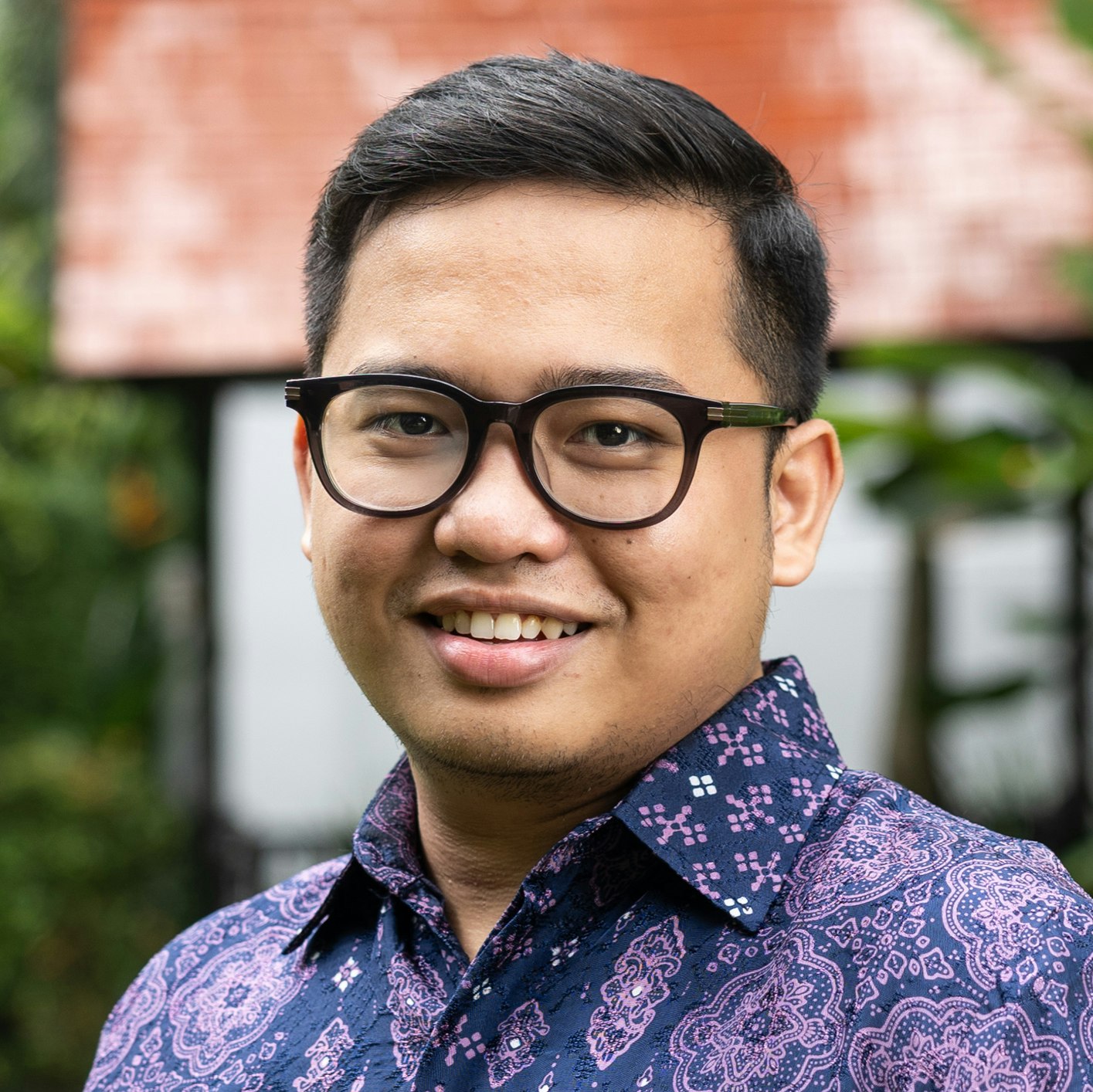 Jakarta 2025Moses Parlindungan Ompusunggu, an ethnographer and filmmaker, will look at the complex relationship between alternative journalists in Indonesia and the marginalized communities they cover.
Jakarta 2025Moses Parlindungan Ompusunggu, an ethnographer and filmmaker, will look at the complex relationship between alternative journalists in Indonesia and the marginalized communities they cover. -
Ossama Halal
 Beirut 2025Ossama Halal, theater director, playwright, and author, will create a play enlisting minor Shakespearean characters to explore power relations between elites and the subaltern and how those at the margins sometimes combine victim and oppressor roles.
Beirut 2025Ossama Halal, theater director, playwright, and author, will create a play enlisting minor Shakespearean characters to explore power relations between elites and the subaltern and how those at the margins sometimes combine victim and oppressor roles. -
Sa’eed Husaini
 Lagos 2025Sa’eed Husaini, a political scientist, will compare right-wing social movements in Nigeria and the U.S. Midwest, focusing on the effect of local political participation on national politics.
Lagos 2025Sa’eed Husaini, a political scientist, will compare right-wing social movements in Nigeria and the U.S. Midwest, focusing on the effect of local political participation on national politics. -
Tomás Pérez Vizzón
 Buenos Aires 2025Tomás Pérez Vizzón, an investigative reporter and podcaster, will delve into the seamy world of digital finance to understand the motives and political allegiances of young and predominantly male Argentines who dream of “making it alone.”
Buenos Aires 2025Tomás Pérez Vizzón, an investigative reporter and podcaster, will delve into the seamy world of digital finance to understand the motives and political allegiances of young and predominantly male Argentines who dream of “making it alone.” -
Tosin Oshinowo
 Lagos 2025Tosin Oshinowo, architect, designer, and curator, will use Lagos to explore how Indigenous markets function as self-organizing systems in African urbanism, offering sustainable alternatives to urban development amid climate change and inequality.
Lagos 2025Tosin Oshinowo, architect, designer, and curator, will use Lagos to explore how Indigenous markets function as self-organizing systems in African urbanism, offering sustainable alternatives to urban development amid climate change and inequality. -
Uthpala Wijesuriya
 Colombo 2025Uthpala Wijesuriya, a law student, will look at the multi-ethnic, multicultural history of Sri Lanka through close examination of five sacred sites, all of which have been the focus of nationalist narratives and ambitions.
Colombo 2025Uthpala Wijesuriya, a law student, will look at the multi-ethnic, multicultural history of Sri Lanka through close examination of five sacred sites, all of which have been the focus of nationalist narratives and ambitions. -
Victor Ehikhamenor
 Lagos 2025Victor Ehikhamenor, artist, photographer, and writer, will explore the aesthetics of Edo State, Nigeria’s commemorative sites, unveiling the significance of traditional inscriptions and the link between culture and nature in African Indigenous systems.
Lagos 2025Victor Ehikhamenor, artist, photographer, and writer, will explore the aesthetics of Edo State, Nigeria’s commemorative sites, unveiling the significance of traditional inscriptions and the link between culture and nature in African Indigenous systems. -
Yudhanjaya Wijeratne
 Colombo 2025Yudhanjaya Wijeratne, an author, data-scientist, and “general tinkerer,” will write a novel cataloging Colombo's seven dystopian cities, drawing on socio-political realities to highlight the city's singularity and absurdity.
Colombo 2025Yudhanjaya Wijeratne, an author, data-scientist, and “general tinkerer,” will write a novel cataloging Colombo's seven dystopian cities, drawing on socio-political realities to highlight the city's singularity and absurdity.
-
Alexander Cooley
2009As an Open Society Fellow, Alexander Cooley wrote about the Shanghai Cooperation Organization, as well as military basing policies in Central Asia. -
Basharat Peer
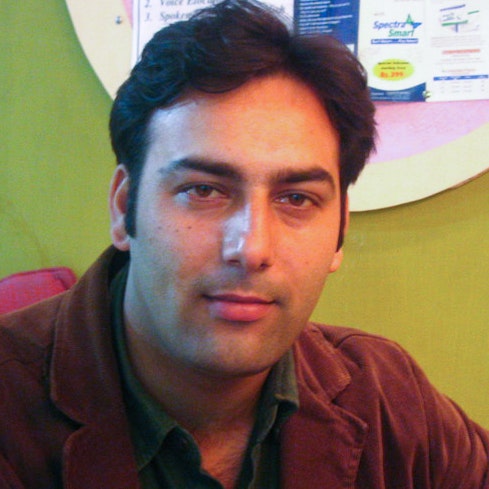 2009As an Open Society Fellow, Basharat Peer began writing a book about India’s Muslim community.
2009As an Open Society Fellow, Basharat Peer began writing a book about India’s Muslim community. -
Elizabeth MacKenzie Biedell
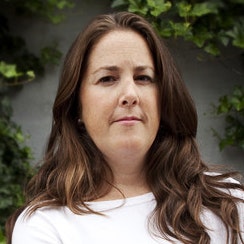 2009Elizabeth MacKenzie Biedell, a former intelligence analyst, explores how American presidents use classified information as they lead the nation to war.
2009Elizabeth MacKenzie Biedell, a former intelligence analyst, explores how American presidents use classified information as they lead the nation to war. -
Eric Stover
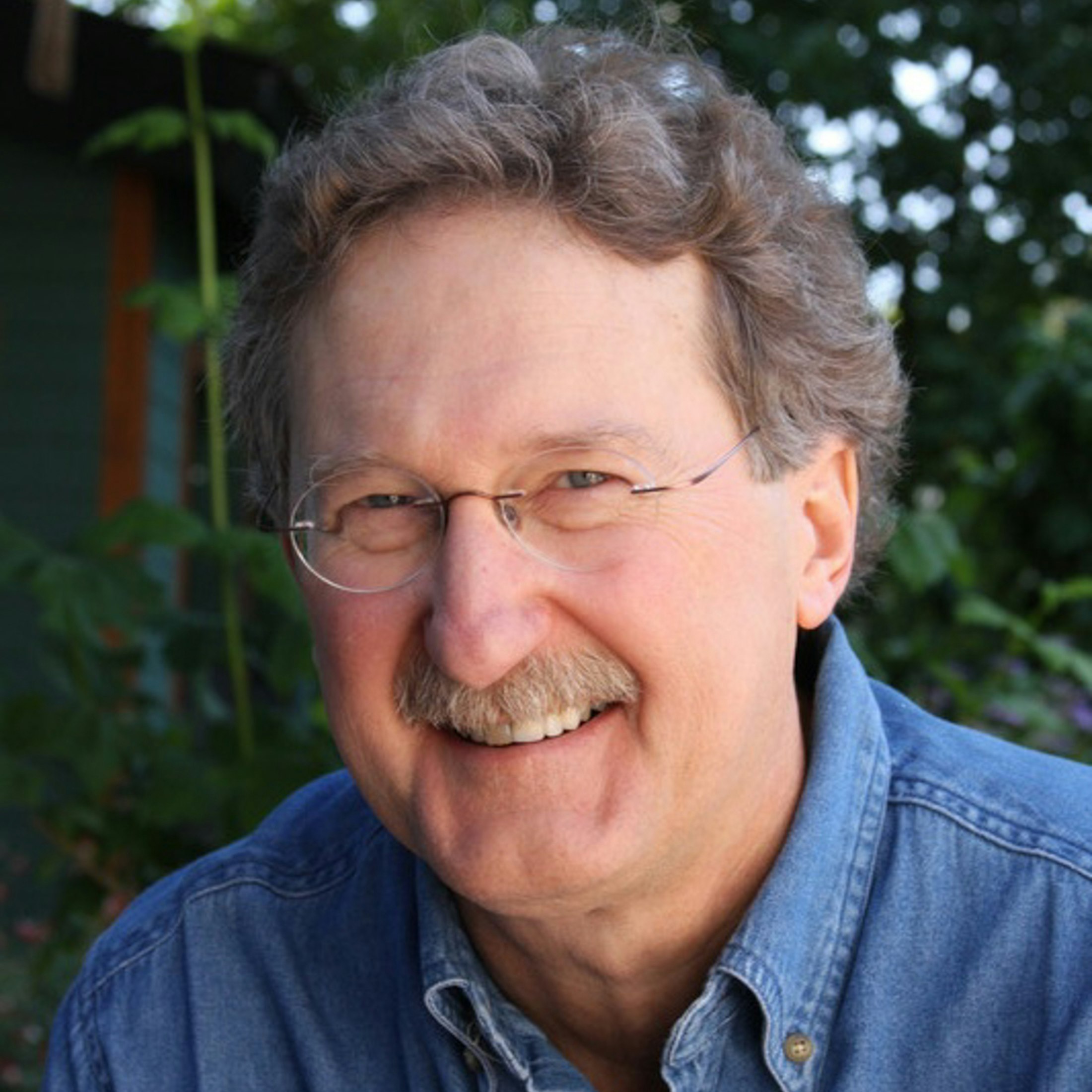 2009Open Society Fellow Eric Stover examined how well war crimes tribunals serve victims of mass violence.
2009Open Society Fellow Eric Stover examined how well war crimes tribunals serve victims of mass violence. -
Jonny Steinberg
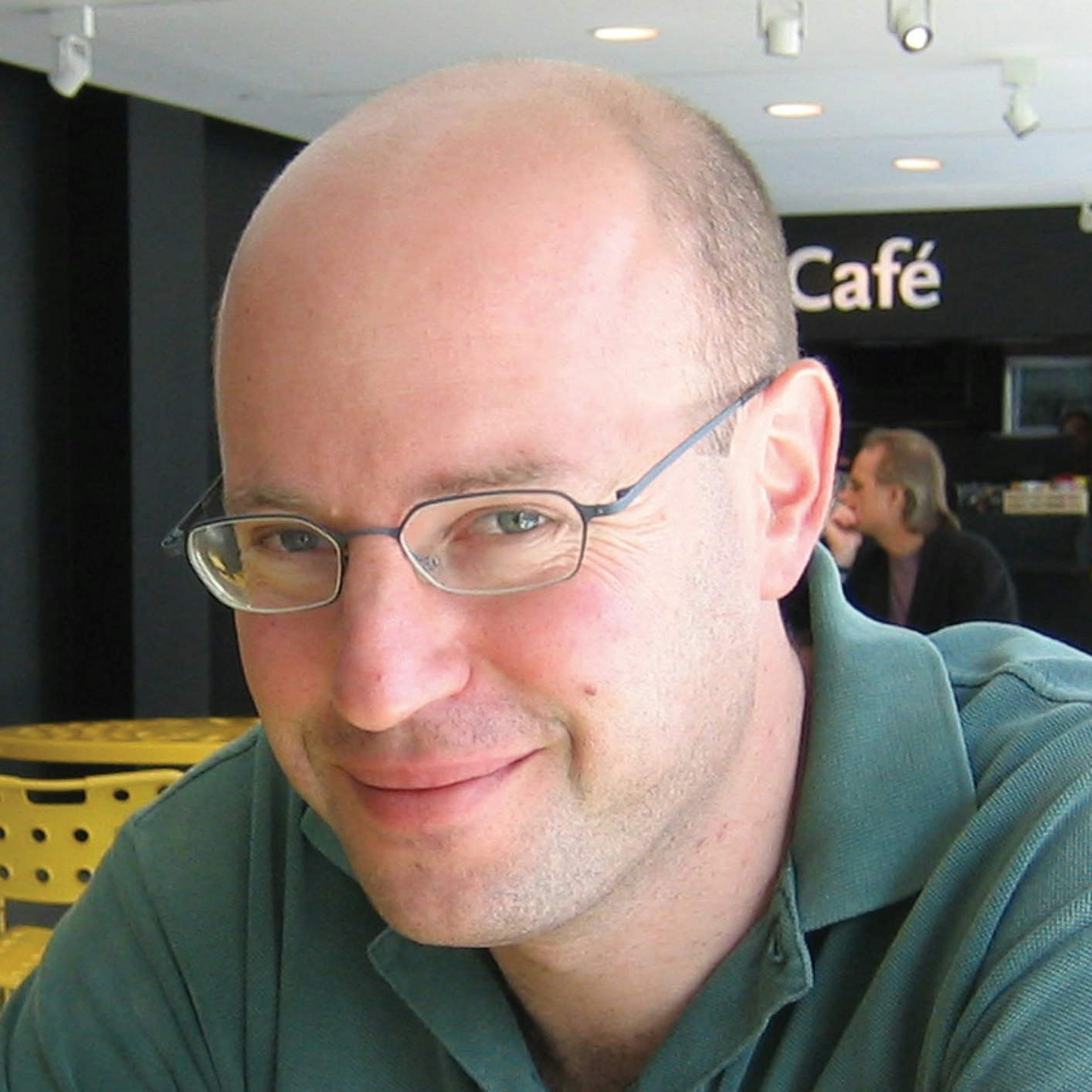 2009Jonny Steinberg is the author of several books about everyday life in the wake of South Africa s transition to democracy.
2009Jonny Steinberg is the author of several books about everyday life in the wake of South Africa s transition to democracy. -
Mark Hertsgaard
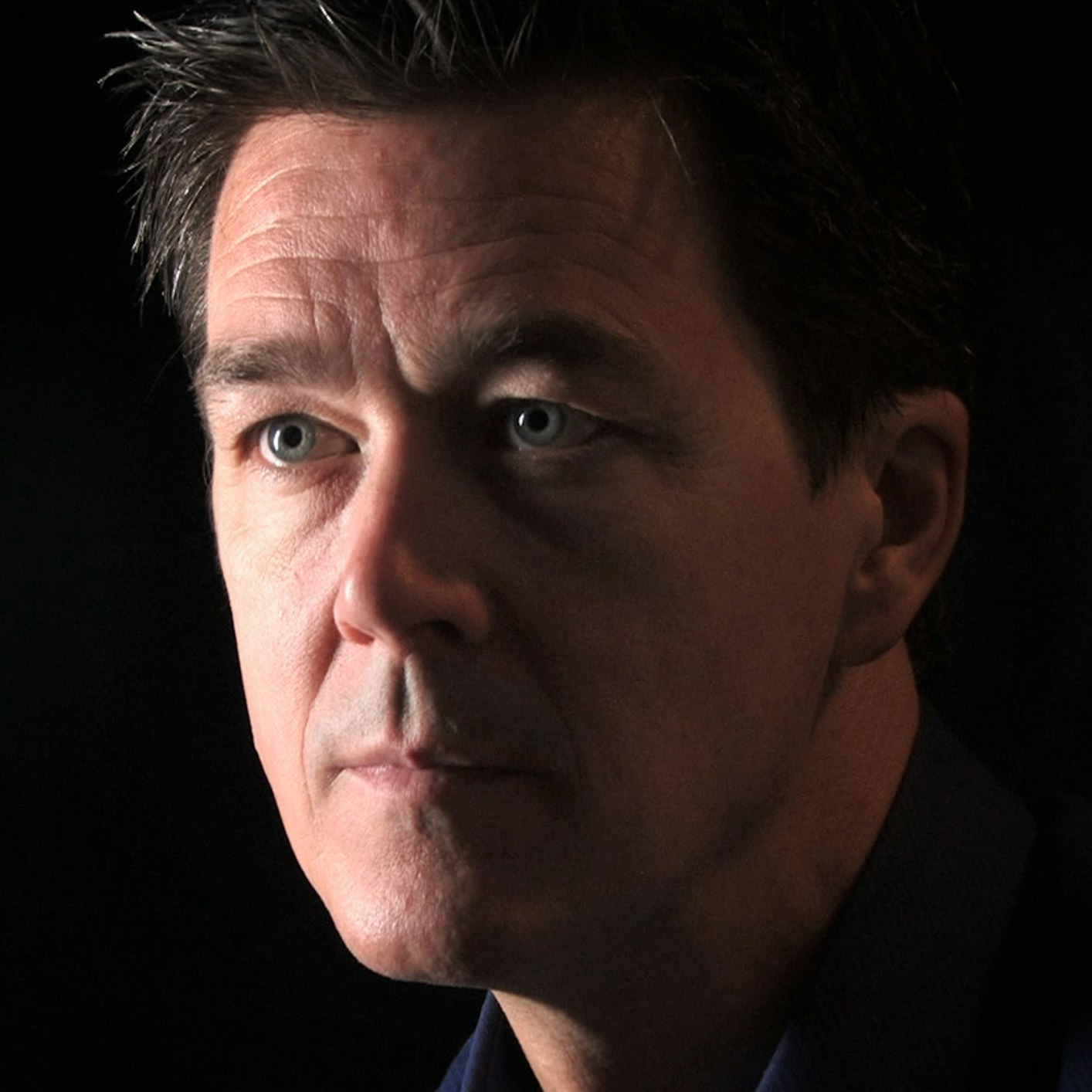 2009Open Society Fellow Mark Hertsgaard is a journalist and author whose work focuses on new ways of understanding and combating climate change.
2009Open Society Fellow Mark Hertsgaard is a journalist and author whose work focuses on new ways of understanding and combating climate change. -
Rebecca Hamilton
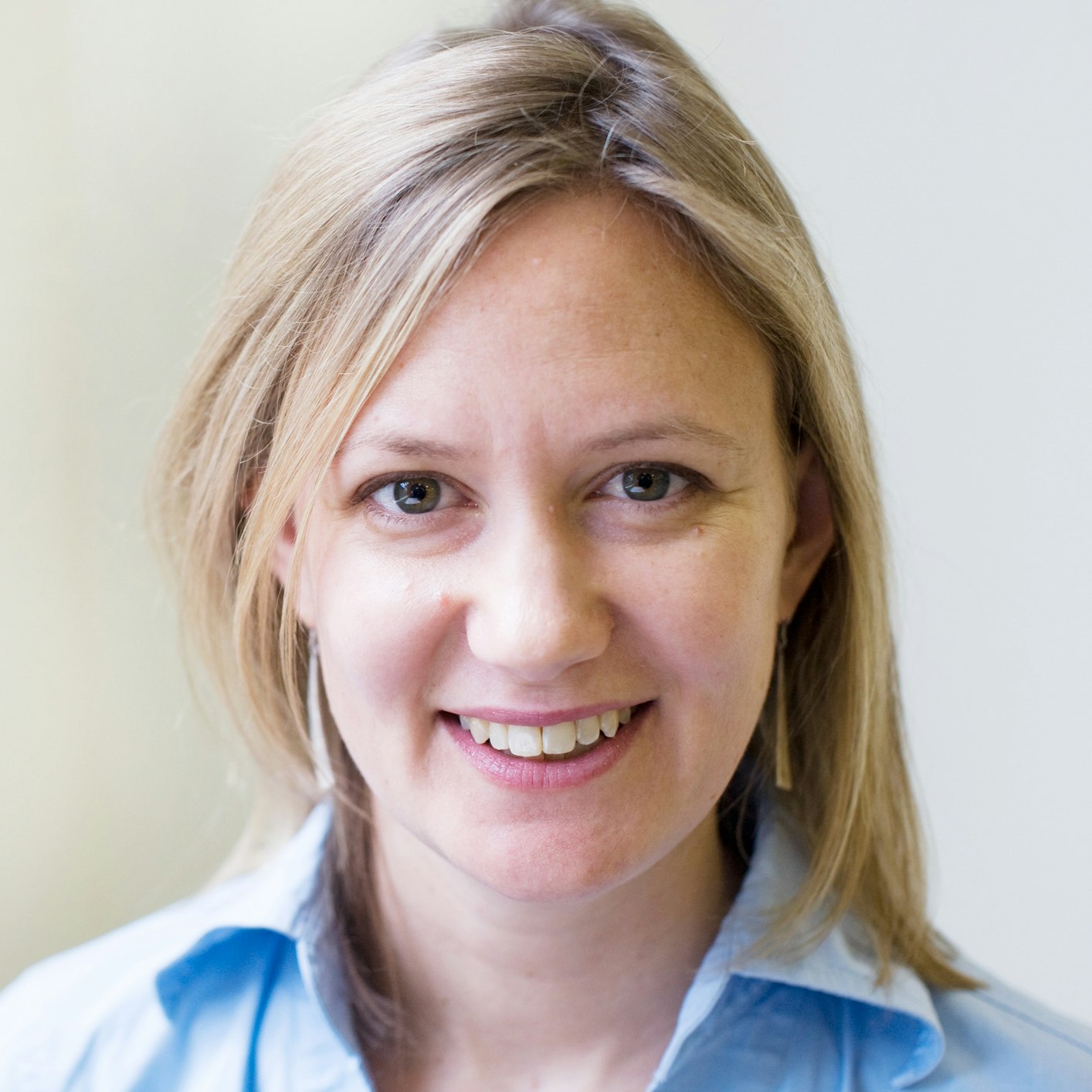 2009As an Open Society Fellow, Hamilton researched her book ‘Fighting for Darfur: Public Action and the Struggle to Stop Genocide,’ which investigates the impact of Darfur advocacy on foreign policy.
2009As an Open Society Fellow, Hamilton researched her book ‘Fighting for Darfur: Public Action and the Struggle to Stop Genocide,’ which investigates the impact of Darfur advocacy on foreign policy. -
Rebecca MacKinnon
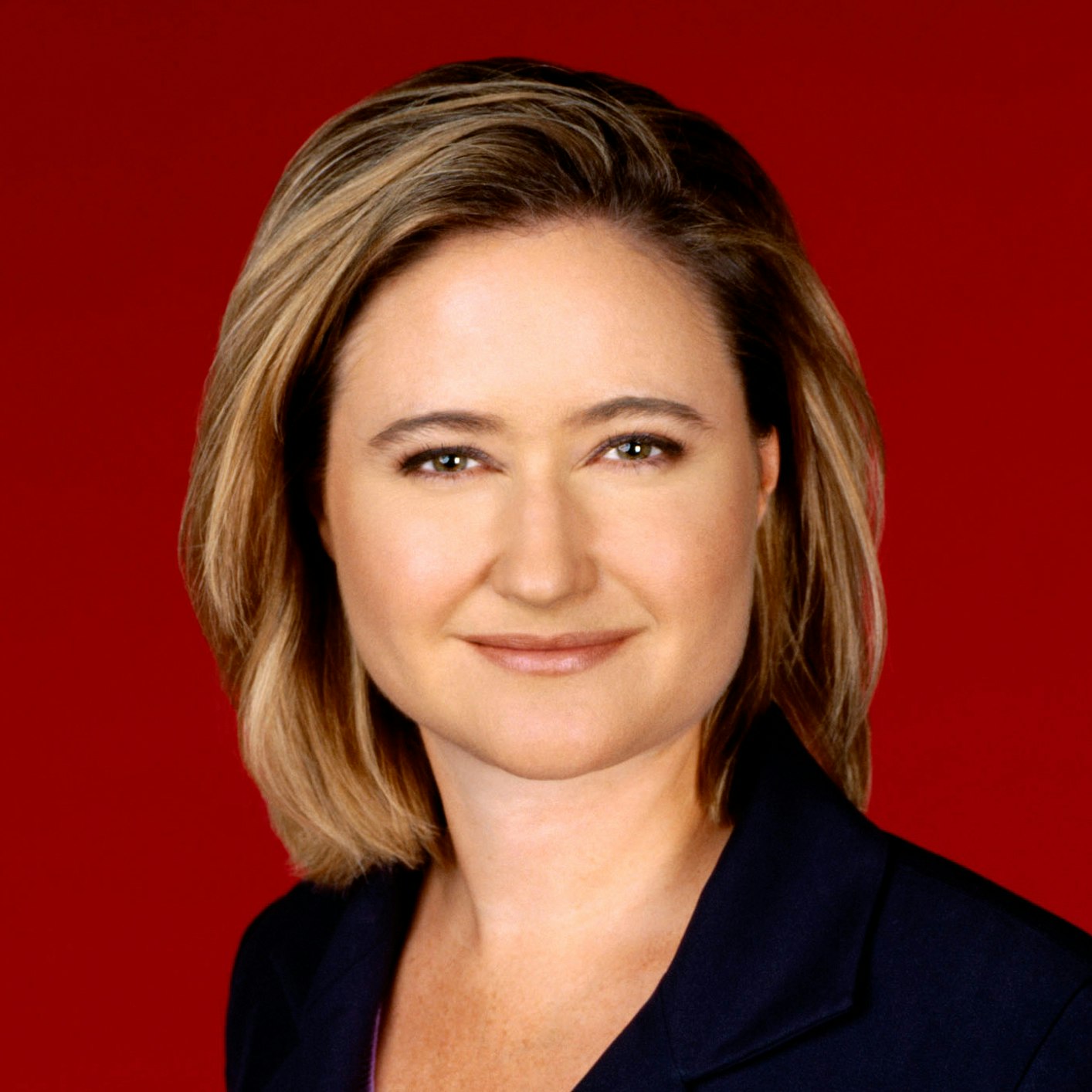 2009As an Open Society Fellow, Rebecca MacKinnon conducted research for her first book, Consent of the Networked.
2009As an Open Society Fellow, Rebecca MacKinnon conducted research for her first book, Consent of the Networked. -
Richard Cizik
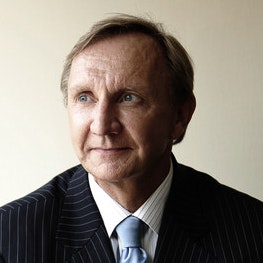 2009As an Open Society Fellow, Cizik worked to bring evangelicals, policymakers, and activists together to address climate change, immigration, and criminal justice challenges.
2009As an Open Society Fellow, Cizik worked to bring evangelicals, policymakers, and activists together to address climate change, immigration, and criminal justice challenges. -
Richard Horsey
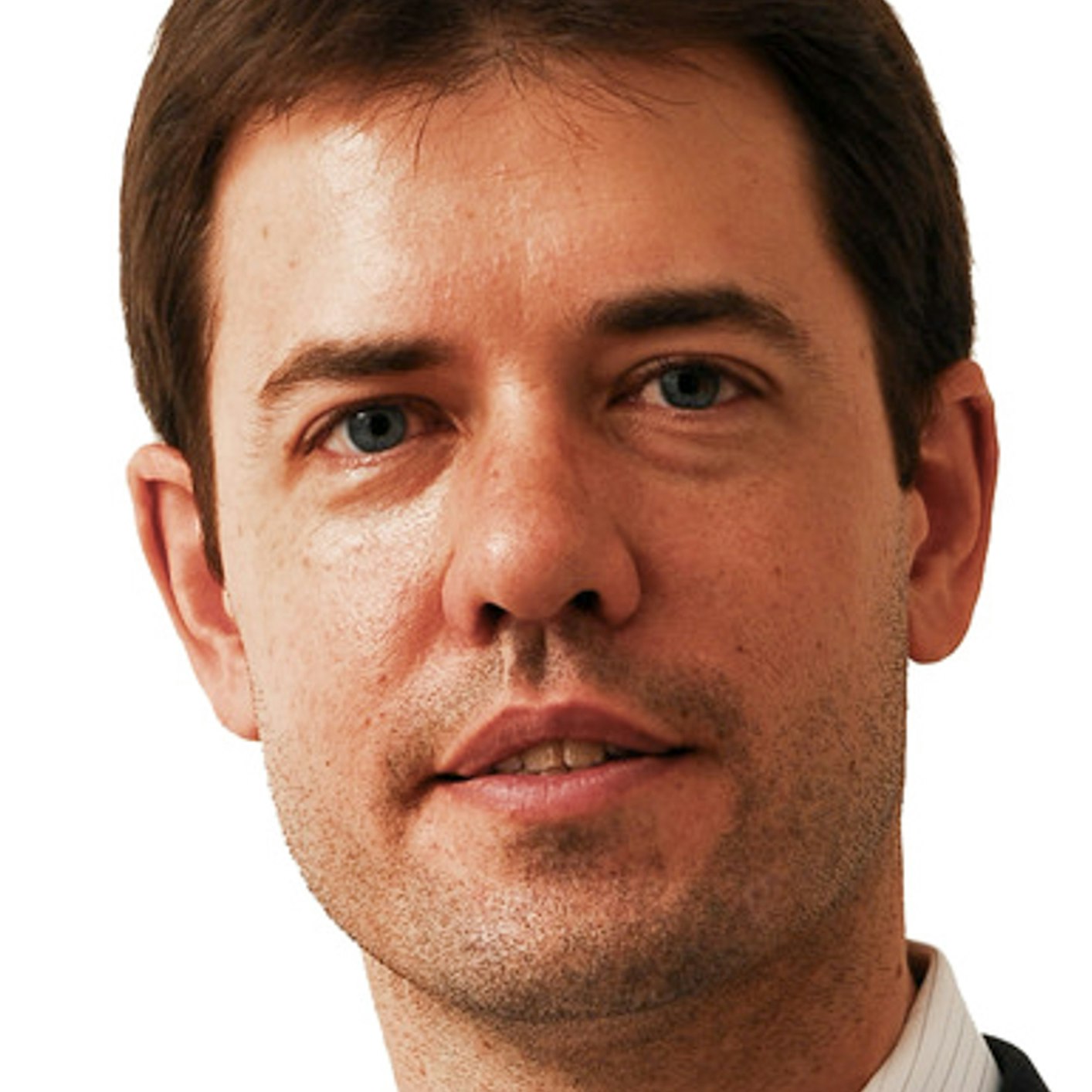 2009As an Open Society Fellow, Richard Horsey, a Burma analyst and labor rights advocate, wrote the first comprehensive account of International Labor Organization efforts to address forced labor abuses in Burma.
2009As an Open Society Fellow, Richard Horsey, a Burma analyst and labor rights advocate, wrote the first comprehensive account of International Labor Organization efforts to address forced labor abuses in Burma. -
Tony Camerino
2009Tony Camerino is a former U.S. Air Force interrogator who, as an Open Society Fellow, worked on a new field manual based on humane, effective interrogation techniques. -
Zack Exley
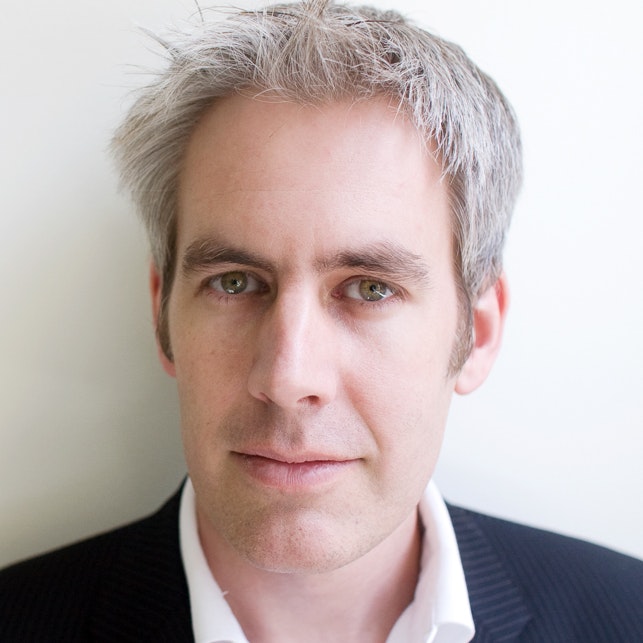 2009Open Society Fellow Zack Exley worked to identify, in Missouri, “leaderless” organizing models that would enable local leaders, activists, and social service providers to mobilize diverse constituencies that do not normally work together.
2009Open Society Fellow Zack Exley worked to identify, in Missouri, “leaderless” organizing models that would enable local leaders, activists, and social service providers to mobilize diverse constituencies that do not normally work together. -
Zackie Achmat
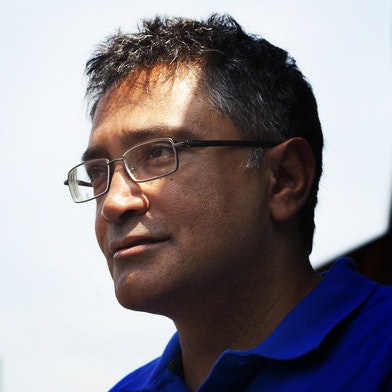 2009As an Open Society Fellow, Zackie Achmat researched and began writing a memoir about his remarkable life as an activist in South Africa.
2009As an Open Society Fellow, Zackie Achmat researched and began writing a memoir about his remarkable life as an activist in South Africa.
Subscribe to updates about new grant opportunities
By entering your email address and clicking “Submit,” you agree to receive updates from the Open Society Foundations about our work. To learn more about how we use and protect your personal data, please view our privacy policy.